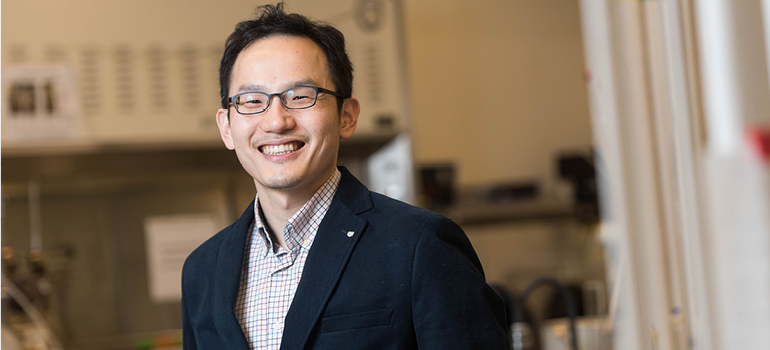
Dr. Jongho Lee, an assistant professor in UBC’s Department of Civil Engineering, recently published his new study on a clean alternative to clearing up flood water in Science Advances Magazine. The researcher was inspired by how mangrove trees, which like other trees, employ a water transport system that can evaporate moisture from their leaves. This process further produces tension in their water-conducting tissues that helps to draw water into their roots. In developing a synthetic system using a polymer membrane, the researchers demonstrated through evaporation “a huge negative pressure was generated to drive water flow through a semi-permeable, reverse-osmosis membrane, thereby desalinating the water.”
The study, co-authored by Dr. Lee, Dr. Jay Werber and others, recognizes that desalination is energy intensive whereas replicating this natural process to desalinate water offsets the large amount of heat required. Werber notes that “[t]he energy that drives desalination in our device is absorbed from the environment: basically heat is absorbed to drive evaporation.”
The researchers suggest that incorporating this technology can transform buildings into giant sponges and can develop a novel way to handle storm water and flood damage. More so, “the buildings themselves would soak up excess groundwater and evaporate the water from their walls and roofs.”
Details of the study were featured in The Guardian (21 February 2020) and published in Science Advances Magazine.
